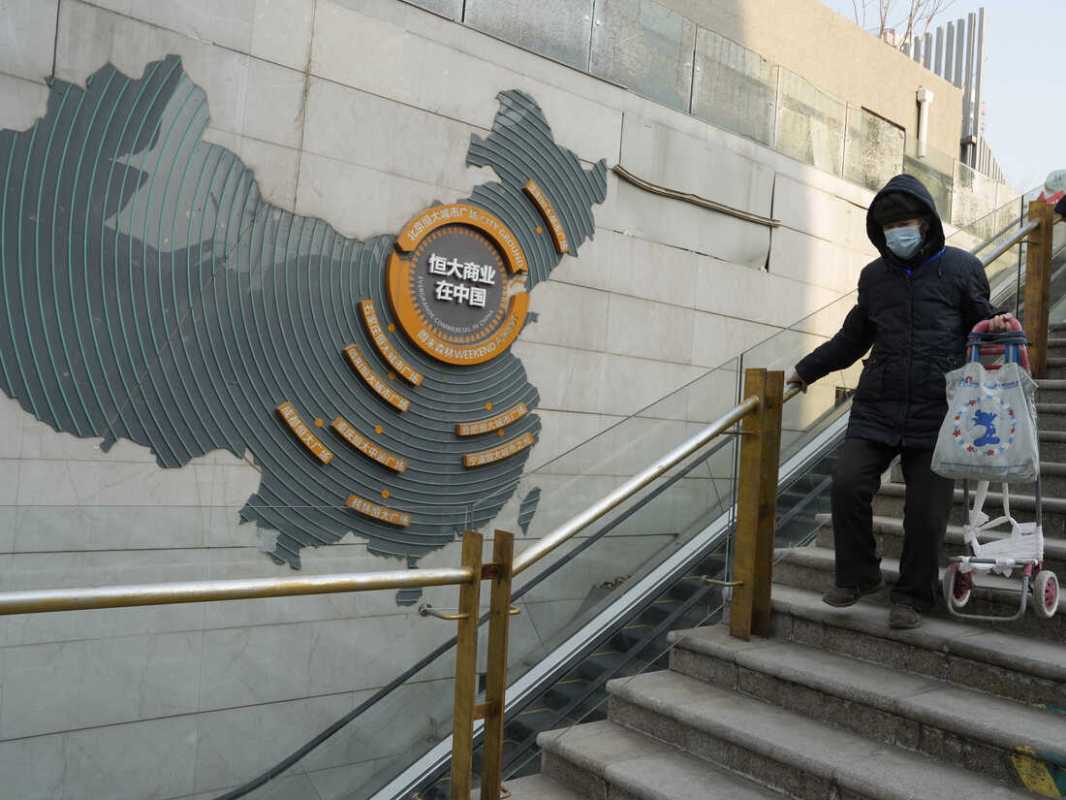Business
Hong Kong Court Orders Liquidation for Evergrande Group, China’s Biggest Real Estate Firm

A Hong Kong court has ruled for the liquidation of Evergrande Group, the largest real estate firm in China, amidst its mounting debt crisis. The court order resulted in the halt of trading in shares of Evergrande Group subsidiaries, including China Evergrande, China Evergrande New Energy Vehicle Group, and Evergrande Property Services. Meanwhile, the benchmark Hang Seng Index experienced a 1.2 percent increase.
Evergrande Group’s massive debt has become symbolic of a long-standing crisis in China’s property market, which has had ripple effects throughout the country’s economy. The firm had once been a prominent player in the real estate sector, accumulating substantial loans during a period of easy credit. However, when Beijing tightened credit conditions in 2020, Evergrande found itself owing over $300 billion unable to repay its interests. In December 2021, Evergrande officially defaulted on its loans.
The winding-up petition filed by creditor Top Shine Global in Hong Kong compelled Evergrande to present a viable repayment plan. In the absence of such a plan, a Hong Kong judge ruled that Evergrande must undergo liquidation. Despite the ruling, it remains uncertain if the offshore creditors will receive substantial recovery proceeds, as the majority of Evergrande’s assets are in mainland China.
Judge Linda Chan‘s ruling also stated that Evergrande Group’s chairman Xu Jiayin, who is currently under criminal investigation in mainland China, will no longer have control over the company. The judge highlighted the need for a managerial overhaul to allay creditor concerns. Additionally, a designated body will oversee the liquidation of Evergrande’s assets in Hong Kong.
Evergrande has assured that its operations in mainland China will remain unaffected by the court’s decision. The firm formerly listed 1.7 trillion yuan ($236.6 billion) in assets, but it has sold roughly 50 billion yuan to generate much-needed funds. The exact amount of assets recoverable by offshore creditors remains uncertain, as it may require a separate legal decision in mainland China and priority repayment to local creditors.
Market analysts caution that Evergrande’s legal troubles in Hong Kong are unlikely to cause significant concern on the mainland. Experts emphasize that the demise of Evergrande in 2021 did not trigger a financial crisis in China, and the outcome of the liquidation in 2024 will likely have a similar impact. Nevertheless, the real estate industry’s fragility and the need for government intervention continue to demonstrate vulnerabilities in China’s economy.
Beijing has responded to the ongoing real estate crisis by providing substantial bailout funds to support the sector, including approximately 10 trillion yuan ($1.4 trillion) in loans to real estate companies in 2023. The liquidation of Evergrande is likely to remind investors of the challenges faced by the industry. While authorities will likely manage the process to prevent significant contagion effects, the wider implications for China’s economic stability remain a concern.












